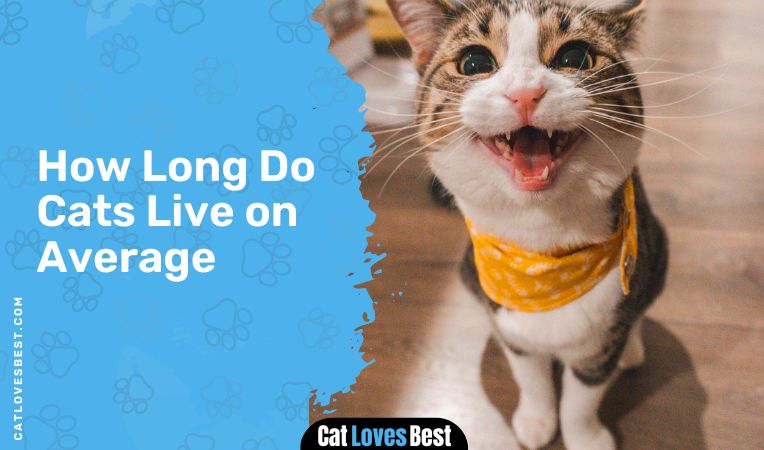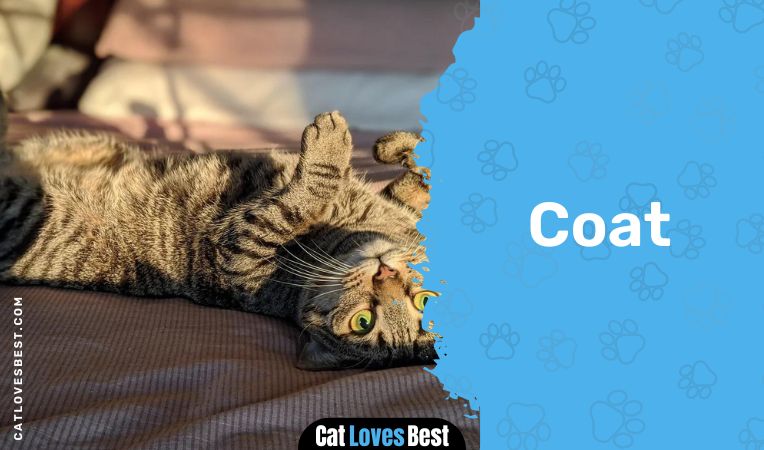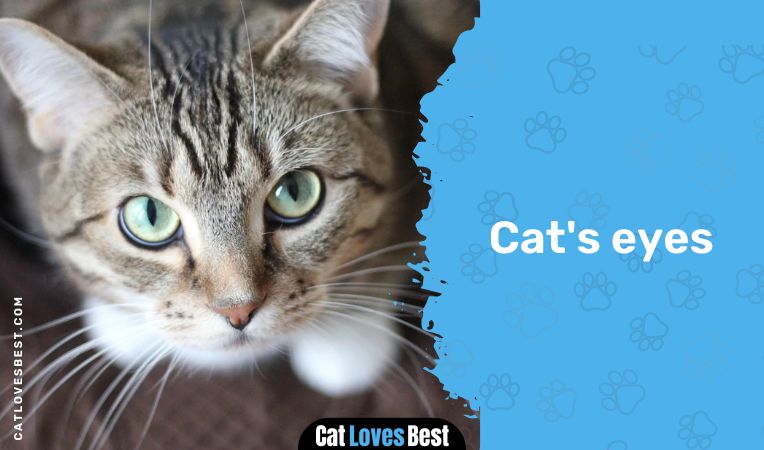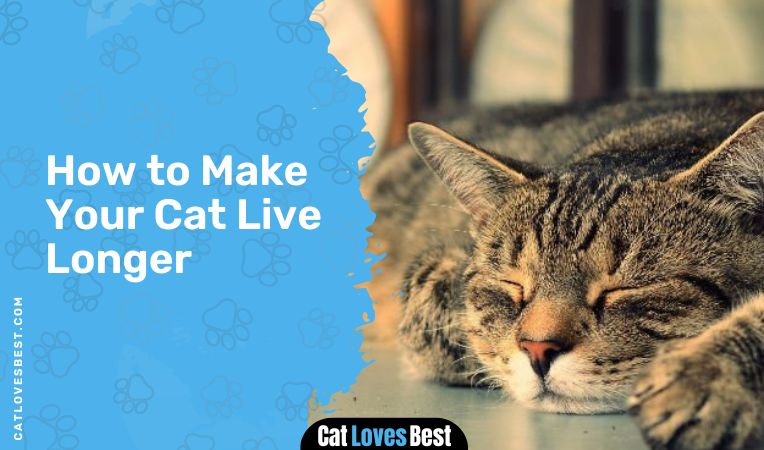Pet parents’ curiosity related to their kitty is a never-ending procedure, whether be it in terms of their coat, eyes, color, health issue, body structure, or age.
Yes, you heard it right the majority of pet parents have an urge to know for how long their feline pal will live, ways to increase her lifespan, and other related points.

How old is my cat in human years? This one is one of the common questions parents try to figure out on their own or by consulting the vet.
To make your research much easier, we have done some analysis, and research work regarding your kitty’s age factor. Which will help you to know cat years to human years.
So, without wasting time scroll down to check the facts and guidelines, which will help you to know fair ideas related to cat age in human years.
Plus, a few tips are also enclosed in this blog, which will help to keep her healthy and give good lifestyle.
How Old Is My Cat in Human Years?
Well, there is no scientific way that can give you the exact answer of your kitty’s age in terms of human years. It has been observed that a cat’s first year is equivalent to around 15 years of human years. Then add nine more years i.e 24 years of a human is equivalent to a cat’s second year, and after this keep on adding human four years to get a cat’s year.
For instance, if your kitty is 6 years old and you want to find out in terms of human years, as per the age calculation method your kitty is somewhat around 41 years old in terms of human age.
Note:- Even by observing your kitty’s teeth, skin, coat, muscle tone, and eyesight you can make a rough estimate of your kitty’s age.
How Long Do Cats Live on Average?
As per zoology, it has been recorded that cats’ lifespan on an average basis is around 14-18 years. Plus, a cat’s lifespan solely depends upon, which breed she belongs to, her health as well as the diet she is consuming on a regular basis.
PetMD states, “Cats who spend significant unsupervised time outdoors tend to survive to be about 7 years old, while indoor-only cats can be expected to live to around 14 years of age.“[1]

It has also been observed that indoor cats’ lifespan is longer than that of outdoor cats. This is because outdoor cats live hazardous life. Plus, faces many problems like threats from predators, being attacked by other animals, not getting enough meals, traffic, not getting proper health check-ups, etc.
Well, you just cannot estimate your kitty’s exact life expectancy, there is no final confirmation of how long she is going to live. All you can do is feed her a healthy balanced meal on time, keep her body hydrated and active, and take her for a vet visit.
These will help you to increase your kitty’s lifespan and live a healthy lifestyle.
Let’s Find Out Your Kitty’s Age
If you don’t know the age of your kitty, or you have adopted her from the streets, still you can get an estimate of your feline pal’s age by observing her body sign, condition, etc.
Let me explain to you in a better way, keep on reading the below guidelines, which will help you to estimate your kitty’s age by observing her body conditions.
Coat: Cats coat depends upon which breed she belongs to, and upon her life stage. For instance, you will notice a healthy thicker coat and shine, when she is in her early stage of life. And as she grows old you will notice patches on her coat. This will give you a fair idea regarding which life stage category she belongs to.

Teeth: Generally, it has been noticed that as the kitty gets older her teeth turn more yellow/ stained. So, felines with white teeth give you an estimate that she is still in their growing stage between the teenage or adultery zone.

If you notice the yellowing part, and tarter on her teeth it indicated that she is getting older. Plus, teeth condition also gives a sign about her dental health, and whether the proper diet is been consumed by your feline pal.
Cat’s muscle tone: Well, from your kitty’s body tone also you can get an idea about her age. For instance, younger cats have a muscular tone, whereas senior ones have more bones with extra skin lining which you can easily see with your naked eyes.
Cat’s eyes: Young cats have healthy eyesight and clear vision, and they normally do not face any irritation or redness issues. So from their eyesight, you can indicate her age. And as she grows older her eyesight power doesn’t remain that strong, and she starts facing vision issues such as watery eyes, lack of fluid, allergies, etc.

Cats age in human years
| Cat Age | Human Age |
| 1 month | 1 year |
| 3 month | 4 year |
| 6 month | 10 year |
| 12 month | 15 year |
| 18 month | 21 year |
| 2 years | 24 year |
| 3-10 years | 28 year |
| 11 plus years | 60 year |
How to Make Your Cat Live Longer?
Pet parents want their kitty to always stay healthy and long life forever. But, this is not possible still we can make it easy for your kitty to stay healthy and can increase their life expectancy by following a few healthy tips.
For instance, providing them with healthy meals on time, taking them for a walk and carrying out physical activities to keep them physically fit, regularly taking her for a vet check-up, and other related points.

As per PetMD, “Providing a high-quality, balanced, and complete diet is one of the most important things you can do to keep your cat healthy and ensure a long life. The diet should also be appropriate for your cat’s life stage and lifestyle.“[2]
Further, they explain that felines consume a diet as per their body requirement. For instance, kittens’ nutrient needs are different from adult or senior cats. So, pet parents feed their felines as per their body requirements. It is advisable to avoid overfeeding and seek a vet’s advice to prepare a diet for your kitty.
Apart from diet, there are other zones which need your attention, such as:-
- Regular exercises
- Water consumption
- Keep your kitty’s body clean
- Regular trips to the vet
- Spaying/Neutering your kitty
All these tips will help you to keep your kitty healthy and provide them with a better lifestyle, which will increase her lifespan.
FAQs
How do you know your cat is getting older?
By observing your kitty’s health you can roughly estimate that she’s getting older. You will notice changes in her nails, coat, skin, etc. Such as thinner lines will be visible on her skin, brittle nails, dull coats, and other related body aging signs.
Do male or female cats live longer?
Female cats live longer compared to male ones. Especially, female cats that are neutered tend to live more than intact ones. It has also been observed that pure breeds are likely to live a longer life than crossbreeds.
Does a cat purr change with age?
Yes, in the case of kittens the meaning of purring changes with time as they grow old. But in the case of an adult cat or mother cat, the meaning of purr doesn’t change as they use it to make their babies feel secure and ensure them that she is there for them.
Well, It’s a Wrap!
Confidently, we were able to serve you the appropriate content regarding how old is your cat in human years. Let’s just quickly recall the highlighted points of this blog, which have given you an idea about your kitty’s aging chart.
As per research, cats tentatively live for around 16-18 years on an average basis, and we have explained to you with an example about the thumb rule of calculating human years to cat years
Plus, you cannot get the exact estimate of their lifespan it solely depends upon your kitty’s diet, physical activity, which breed she belongs to, and her lifestyle.
So, if you wish to increase your feline pal’s lifespan it is suggested to follow the vet’s diet chart, regular visits, and give her a healthy lifestyle which will help in increasing her lifespan.
References:
- Heuberger, R., & Wakshlag, J. (2011). Characteristics of ageing pets and their owners: dogs v. cats. British journal of nutrition, 106(S1), S150-S153.
- Teng, K. T., McGreevy, P. D., Toribio, J. A. L., Raubenheimer, D., Kendall, K., & Dhand, N. K. (2018). Strong associations of nine-point body condition scoring with survival and lifespan in cats. Journal of Feline Medicine and Surgery, 20(12), 1110-1118.

